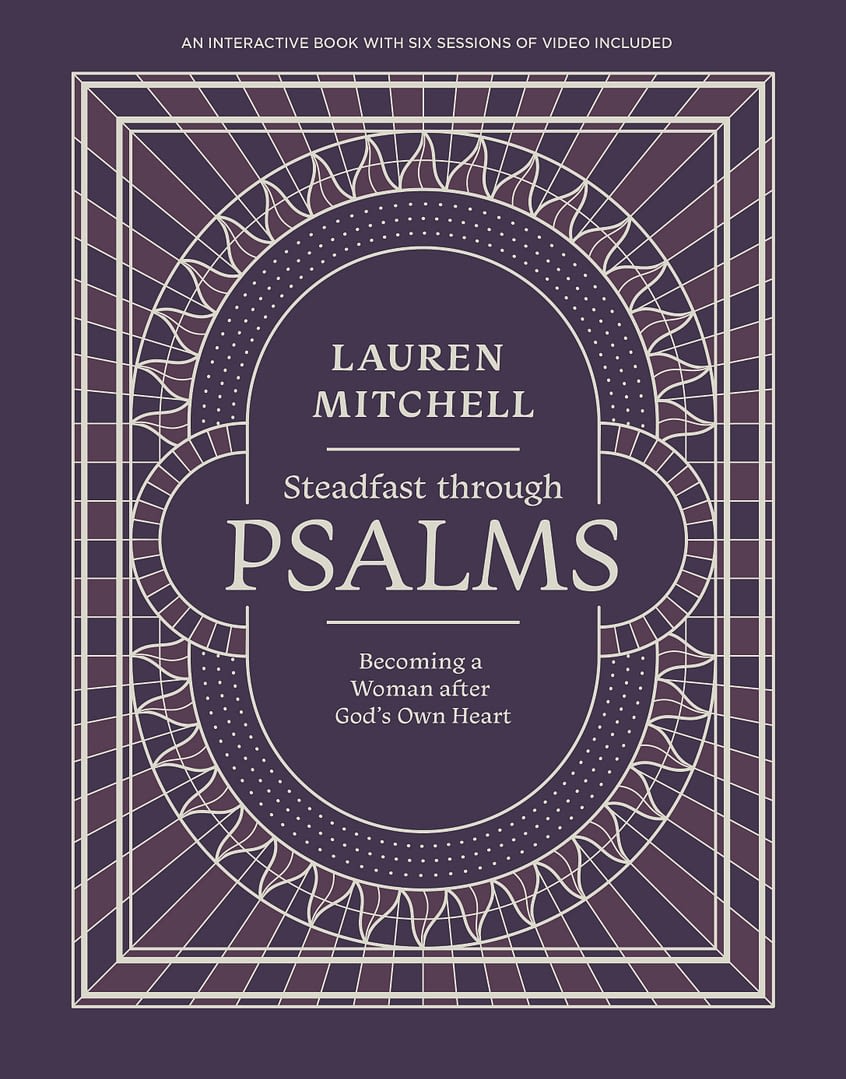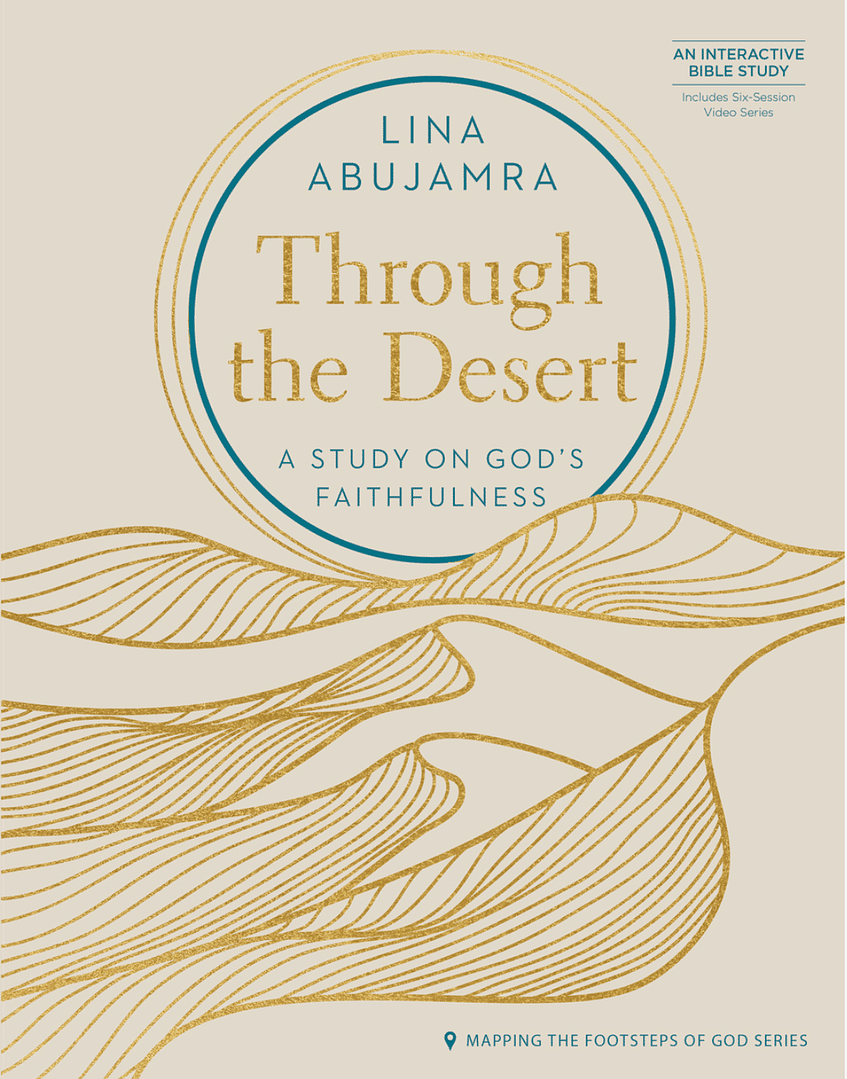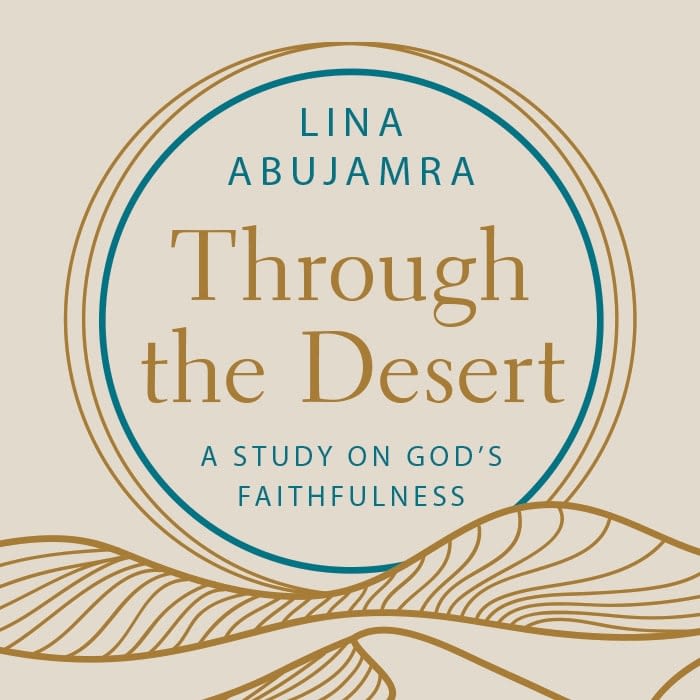Whether it’s the dawning of a new technology like AI, rising rates of loneliness, anxiety, and depression, or wars in distant lands, the tumultuous world can lead believers and unbelievers to wonder, What comes next?
Many people simply shrug their shoulders and go on about their day, but curious Christians, for centuries, have spent time examining and studying what the Bible says about the remaining events on the “prophetic calendar.”
This study is known as eschatology, and it invites us to look beyond the uncertainty of the present moment to the sure hope God has promised for the future.
What Is Eschatology?
Eschatology is the study of the “end times” or “last things.” While a variety of religions have eschatological beliefs, the Abrahamic religions of Judaism, Christianity, and Islam share several key concepts regarding the end of the world. These include a belief that all people, living and dead, will experience final judgment and that good will triumph over evil.
Unlike other eschatological beliefs, the Abrahamic religions view time as linear, with a beginning and an end. Non-monotheistic religions, like Hinduism and Buddhism, view time as being cyclical. For them, eschatology isn’t actually final. It is an endless repeating cycle.
Uniquely, Christian eschatology points to a final end to history in which a person’s salvation is not based on individual works or righteousness. Instead, a person’s eternal destiny is determined by an inherited righteousness, given by grace through faith in Christ (Eph. 2:8).
Why Should Christians Study Eschatology?
As believers, an understanding of eschatology is key to holding fast to the hope we have in Jesus. It points to God’s promise that Christ will return to earth and will triumph over evil.
When Jesus died on the cross and resurrected three days later, He overcame death. Christians, who freely submit their lives to Christ, join in his death and his resurrection. We live with the hope (the absolute promise of coming good) that Christ will return, but until He does, we also continue to live in a fallen world. A world marred by sin.
Daily we experience the consequences of sin; this includes our own sins, as well as the sins of others. We also experience the natural decay as well as the wasteful misuse of our world’s resources and its environments. Life in a fallen world is hard. It’s painful. We inherently know this is not the way it’s supposed to be.
Studying the end times helps us to understand that life, especially eternal life, will not always be the way things are presently. For the saved, those whose names are written in the Lamb’s Book of Life, eternity will be purely good—just as the Lord intended it to be. However, between the now and not yet, the world and humanity continue to be plagued by sin. A reality that many people, including Christians, often try to ignore.
Why Do So Many Christians Avoid Eschatology?
There are many Christians who enjoy or are even passionate about eschatology. However, there are also many believers who know nothing about the end times. There are several reasons for this.
The study of apocalyptic texts in the Bible can be difficult because of the language and imagery used. Many Christians find eschatological texts confusing, unsettling, and even frightening. And Sunday sermons on the end times are sometimes avoided because the topic lends itself to a great deal of sensational speculation.
But that doesn’t mean Christians should avoid eschatology. In fact, we are called to study the end times just like we are called to study all of Scripture—carefully and thoughtfully.
We are called to be disciples and to make them (Matt. 28:19). Disciple simply means student; and as students of God’s Word, we shouldn’t be avoiding any of it—even the hard and difficult to interpret passages and books, like the Book of Revelation. With the help of good study aids, a strong biblical hermeneutic (the lens with which we study the Bible), and humility, we can confidently approach and study all of Scripture, “rightly handling the word of truth” (2 Tim. 2:15).
Five Common Beliefs Within Eschatology
Just as there are many denominations within the Christian church, there are many beliefs regarding eschatology. Common beliefs within eschatology include the rapture of the church (1 Thess. 4:17), the rise of the Antichrist (Rev. 6:2), the mark of the Beast (Rev. 13:15–18), the second coming of Christ (Rev. 1:7; 19:11–16), and the millennial kingdom (Rev. 20:1–4).
1. The Rapture
Some Christians believe in a rapture of the church in which believers who have died and those who are still alive will be taken up to “meet the Lord in the air.” The primary verses used to support belief in the rapture of the church are found in 1 Thessalonians 4:16–17. The rapture is seen as an entirely separate event from the second coming of Christ.
2. The Antichrist
Described as a world leader who rises to power at the beginning of the great tribulation, the Antichrist will claim to be a peacemaker who will broker peace between the nation of Israel and the world but will later break his covenant with Israel, desecrate the temple, demand to be worshipped instead of God, and persecute all who have turned to Christ for salvation.
3. The Mark of the Beast
This is a mark of some kind, willingly placed on or within human beings, to demonstrate their allegiance to the Beast (the Antichrist), and it is required in order to buy and sell.
4. The Second Coming of Christ
Jesus’ return is prophesied in both the Old and New Testaments in a series of Messianic prophecies. Revelation tells us He will return riding a white horse, accompanied by the armies of heaven (Rev. 19:11–16). When He returns, He will defeat Satan, binding him and throwing him into the lake of fire (Rev. 20:10).
5. The Millennial Kingdom
This is a period of time (possibly one thousand years) prophesied in both the Old and New Testaments, in which the world will know peace like it has never known, during which “the government will be on his shoulders” (Isa. 9:6) and all persons will worship Jesus Christ as Lord.
Four Common Eschatological Views
In order to better understand these common beliefs within eschatology, it is helpful to understand the varying eschatological viewpoints that have arisen. Here are the four primary views Christians hold.
1. The Preterist View
Christians who hold to a preterist view of the end times believe the events detailed in Revelation took place in the early centuries of Christianity, especially in conjunction with the destruction of the second temple in Jerusalem in AD 70. In addition, preterists hold to a postmillennial theology that states Christ will return after the millennium kingdom.
Unlike the other three views of eschatology, there are nuanced views within preterism that are considered to be outside the bounds of traditional orthodox Christianity, even to the point of heresy. This is because they contradict core Christian doctrines, like the second coming of Christ and resurrection of the dead.
2. The Historicist View
Christians who hold to a historicist view of the end times see the events of Revelation as taking place throughout history—including events within a lifetime. This viewpoint was very popular during the Reformation but has waned in modern times—especially as non-biblical predictions have fallen short of fulfillment.
Christians who hold to this view tend to have a premillennial view of the millennial kingdom, believing the millennium will begin after Jesus returns to the earth, following the tribulation, before the final judgment.
3. The Futurist View
Christians who hold to a futurist view of the end times see the events of Revelation as being mostly unfilled. Futurists see the book of Revelation as detailing what will happen in the future. This eschatological viewpoint is currently the most popular among professing Christians.
Similar to historicists, Christians who hold to a futurist view of eschatology are also often premillennialists. They believe Christ will return to the earth, following the great tribulation, and will reign for a literal one-thousand-year period.
At the end of that period, Satan will be unbound and will lead one final rebellion against the Lord, known as Armageddon. Satan and his followers will lose the battle of Armageddon, final judgment will take place, and Satan, the Antichrist, and anyone whose name is not written in the Book of Life will be cast into the “lake of fire and sulfur” (Rev. 20:14-15).
4. The Idealist View
Idealists view the events of Revelation not as actual events, either in the past, present, or future. Instead, they interpret the text as being spiritual in nature, which is why they are also referred to as spiritualists. They see apocalyptic literature as focusing on large themes of good and evil, not on real events.
For this reason, Christians who hold to an idealist view of eschatology are most commonly amillennialists, meaning they do not believe in a future or literal millennial kingdom in which Christ will reign on the earth. They believe Christ’s reign over the earth is fully spiritual and is happening now.
A Warning for Christians Regarding Eschatology
The study of eschatology is important for Christians. As noted, it is prominently featured in apocalyptic Scriptures like those in Revelation, and we can trust that the end will happen in the way the Holy Spirit inspired the authors of the Bible to describe it—even if we can’t understand it right now.
We must also maintain spiritual and intellectual humility in our approach to eschatology. I have heard many pastors explain, “We will all probably be right about some things, but wrong about many others.” This includes our interpretations of difficult passages as well as estimations of the date of Christ’s return.
In Matthew’s Gospel, Jesus is recorded as telling his disciples, “But concerning that day and hour no one knows, not even the angels of heaven, nor the Son, but the Father only” (Matt. 24:36). Fear and speculation can lead to anxiety and stress, which is the opposite of the purpose of apocalyptic literature, which is meant to encourage believers facing persecution.
Remember, Christ said, “I have said these things to you, that in me you may have peace. In the world you will have tribulation. But take heart; I have overcome the world” (John 16:33).
While there is certainly disagreement in the interpretation of what comes next, there is consensus among biblical scholars and lay believers that:
- Jesus is coming back.
- Good will triumph over evil.
- You want your name “written in the Lamb’s book of life” (Rev. 21:27).
Ready to Explore Systematic Theology More In-Depth?
Eschatology is just one branch of Systematic Theology, a disciplined approach that allows us to better understand and explain our religious beliefs by organizing theological concepts into a logical framework.
Read What is Systematic Theology? A Beginner’s Guide to get a solid overview of all ten branches, and then be sure to visit these articles on the Esther Press website to explore each area more in depth.
- What Is Angelology? The Study of Angels and Their Roles
- What is Theological Anthropology? The Study of Human Nature
- What is Pneumatology? The Study of the Holy Spirit
Be sure to visit our article on how to find a good theological Bible Study for women for helpful tips and recommendations for finding the right theological Bible study for you. Alternatively, you might enjoy these Bible studies perfect for small groups if you prefer to read and discuss with a group.

Steadfast Through Psalms
A six-week guide to a deeper and more joy-filled prayer life, Steadfast through Psalms guides us in prayer journaling, praying Scripture, and pouring out our hearts to God as David did. When we renew our minds through prayer, we can stay steadfast no matter what the day holds.

Through the Desert
In whatever wilderness we find ourselves, Lina AbuJamra invites us to discover the way through the desert. This study reveals insights from the stories of God’s people, from biblical times to the modern day, that assure us of His faithfulness.




